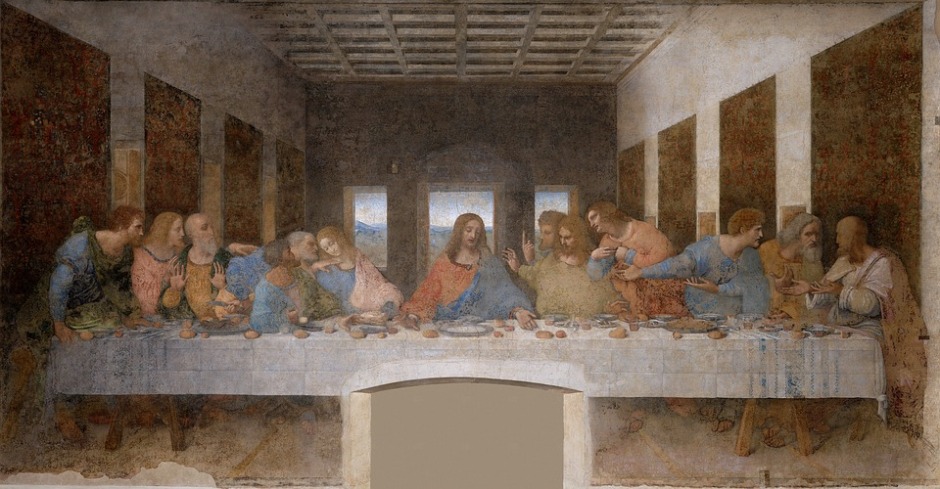The Lord’s Supper, along with Baptism, is one of the two ordinances that the church is to practice. There is much to say and learn about both, but I want to focus on just one aspect of the Lord’s Supper and that is community.
The Lord’s Supper, which is also known as “Communion”, represents the community and fellowship that we should have as believers in Christ. If we look at 1 Corinthians 11:17-34, we will see that Paul is upset with the Corinthian believers for their lack of community toward the body of Christ. Half of the group was rushing to the Lord’s Supper, eating all the food and getting drunk, while the other half, the poor and the needy, were slow to the meal, missing it completely. There was no community, no fellowship, no concern for the well-being of others. The Corinthian believers were acting in complete contradiction to the purposes of the Lord’s Supper. In the previous chapter, speaking of the Lord’s Supper, Paul says, in 1 Corinthians 10:17, “Because there is one bread, we who are many are one body, for we all partake of the one bread.” Christians are united together through Christ. We come from many different backgrounds and walks of life yet we are joined together in Jesus. “We who are many”, Paul says, “are one body.” And the Lord’s Supper reminds us of this truth.
Christianity is not meant to be lived in isolation, it is designed to be lived in community. When we sit down together and partake of this Lord Supper we should not only be reminded of Christ’s sacrificial work on our behalf (which is of greatest importance), but we should also be reminded that He has joined us together as one body.
Christians are in this life together. We’re here to help each other walk through this life while we follow Jesus. That’s why Paul says in 1 Corinthians 11:29 that “anyone who eats and drinks without discerning the body eats and drinks judgment on himself.” We are to discern the body. That is, we are to be mindful of our brothers and sisters in Christ. So, when part of the body is hurting we don’t ignore that, we don’t dismiss that, we should take notice and do all that we can to alleviate the pain. When part of the body is neglected or malfunctioning we should do what we can to help nourish and correct it. When part of the body is missing or absent we should do what we can to bring it back. Even when the body is healthy and well we should do what we can to strengthen it, to advance it. But we can’t do these things in isolation. If my left hand is broken, I need my right hand to pick up the slack until my left hand is healed. If my face is dirty I need my hands to wash it clean. It is difficult, nearly impossible to do these things in isolation of each other. If you just had a face, absent from your body, it would be a struggle to wash it clean. And all of us (believers), the Bible tells us, are the hands and feet of Jesus. We are one body and we need each other.
Christian, you need the church and the church needs you. I need the church and the church needs me. We all have different strengths and abilities, given to us by God, for the purpose of ministering to each other. But you cannot minister to others if you are not around them.
So be intentional to build community. Be proactive to make Christian community a priority for you and your family. Get plugged into the local church (Sunday morning worship, small groups, men’s and women’s ministries, youth and children’s ministries) and as you do, look to encourage and disciple those around, even as those around you look to encourage and disciple you. Hebrews 10:24-25 says, “And let us consider how to stir up one another to love and good works, not neglecting to meet together, as is the habit of some, but encouraging one another, and all the more as you see the Day drawing near.” Christian community is very important.
The Lord’s Supper points us to the community that we have as believers. It reminds us that we are one body in Christ and we’re here to help each other walk through this life as we follow Jesus. Are you helping others walk through this life for Jesus and allowing others to do the same for you?





